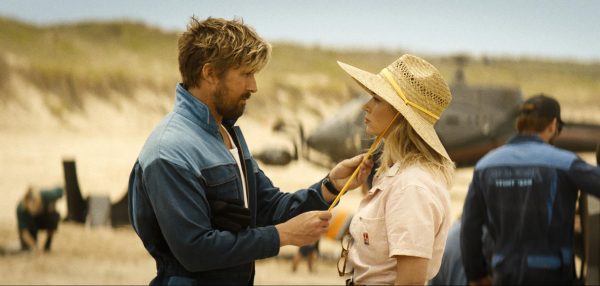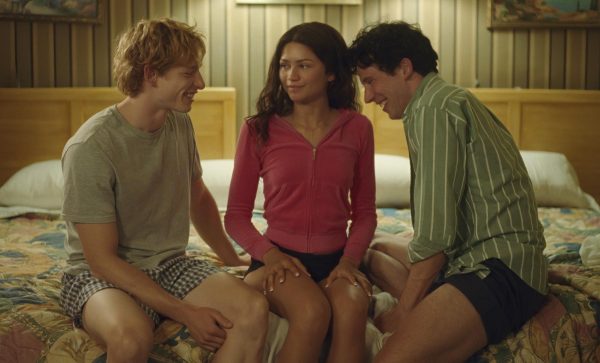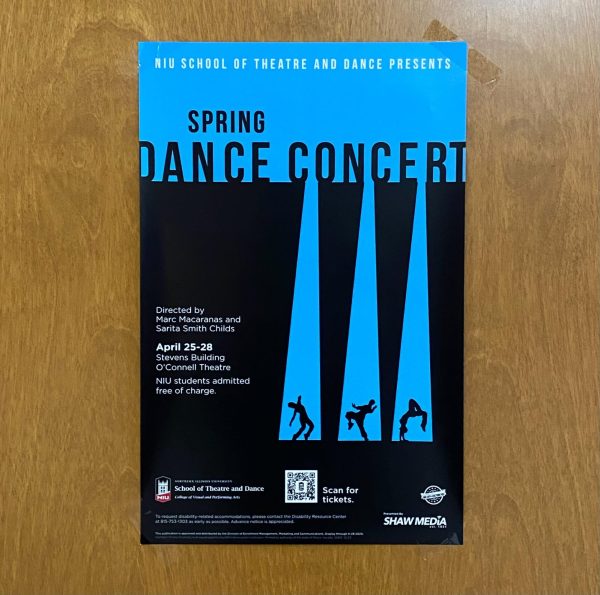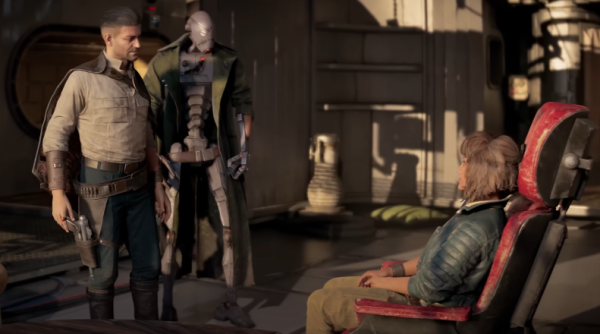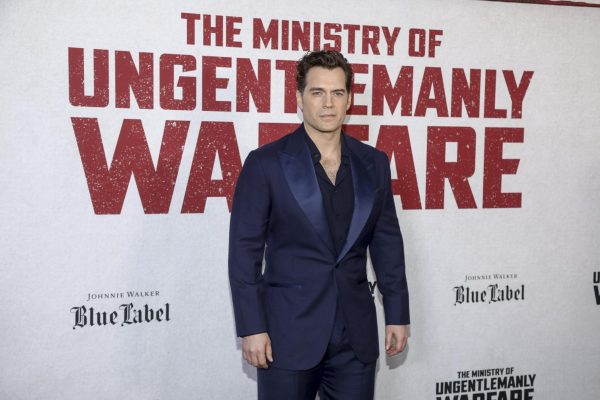‘Glass Menagerie’ Q&A
February 5, 2018
*The following text has been edited for length and is not directly quoted
The School of Theater and Dance starts the spring semester with “The Glass Menagerie,” by Tennessee Williams, beginning its run Feb. 7. The play has autobiographical elements from Williams’ life and his relationship with his mother and sister. Director Alexander Gelman shared his perspective of the play and adaptation of the script.
Q. What inspired you about the play, and what do you like the most about it?
A. No single person picks our season, we have a community of people who pick it out, and we pick a combination of plays to address both the training and our audiences.
Q. What was it like bringing an autobiography to life; was it different from other plays?
A. It’s really not. I think there’s a way in which everything an artist does is autobiographical in some way. So, Tennessee Williams is more obvious in this piece about the autobiographical nature, but there is a way in which they all are. If you look at any playwright, you will see those parallels.
Q. What was challenging about bringing the script to life?
A. Well, it’s a great play so we have to live up to it in some fashion. It becomes kind of a dialogue because the only way to make that journey from page to stage is by challenging the script. A play is meant to be performed; it’s not meant to be just read. The greater the play, the more challenging it’s going to be to work with.
Q. What do you think the audience is going to take away?
A. I don’t know, I think that’s the last thing I can predict. Any production is a conversation, so we know what we are saying, but we have no idea what the audience is going to say. I hope, that in watching the play, audience members recognize a part of themselves they haven’t consciously thought of or haven’t wanted to think of.
Q. How are the actors doing interpreting their characters?
A. I think there is an honesty, simplicity and courage in doing this. People think acting is pretending to be somebody else, in reality, it’s just the opposite. It’s revealing yourself and putting yourself in an unimaginable set of circumstances, then revealing your true self by fully committing to those circumstances. I’m happy to say that this cast is willing to plunge in and go there.
Q. Did you take any directional liberties when directing the play?
A. Yes, when it comes to challenging the script, I always try to do that. Nothing happens the way it’s exactly described on the page. We actually added an actor to the piece. But do I think that makes us less faithful to the material? No, I like to think it makes us more faithful to it.




